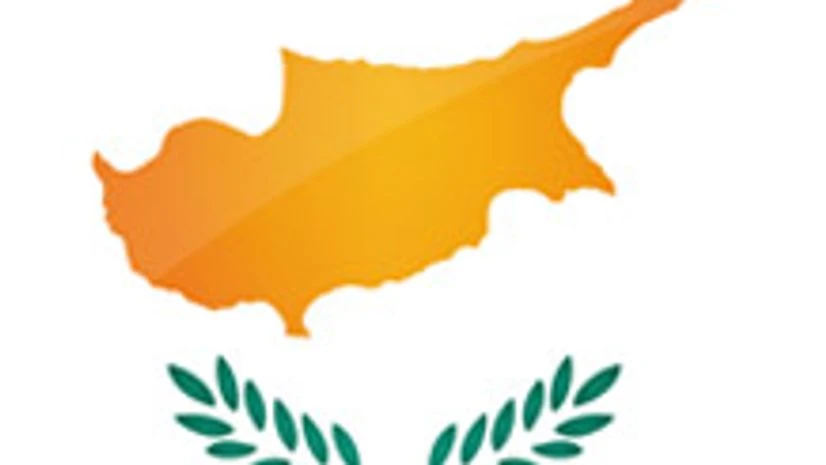Cyprus's government was working on a proposal to soften the blow of a bank deposit levy on smaller savers ahead of a Parliament vote on Monday on the measure central to a euro zone bailout designed to avert bankruptcy.
Breaking with previous EU practice that depositors' savings are sacrosanct, Cyprus and international lenders agreed at the weekend that savers in the island's outsized banking system would take a hit in return for the offer of 10 billion euros in aid.
That not only infuriated Cypriots, it unnerved depositors in the euro zone's weaker economies and investors fearing a precedent that could reignite market turmoil.
More From This Section
On Monday afternoon, Cyprus's fractious 56-member parliament is scheduled to vote on whether depositors should forfeit part of their savings to fund a bailout, mainly needed to recapitalise banks.
Approval of the deposit cut is far from a given. No party has an absolute majority, three parties say outright they will not back the tax, and a vote initially planned for Sunday was rescheduled to allow more time to build a consensus.
Faced with a growing public backlash, Cypriot finance ministry officials began discussions with lenders on Sunday to lessen the blow for smaller savers.
A source close to the consultations told Reuters authorities were hoping to cut the tax band to 3.0% from 6.7% for deposits under 1,00,000 euros.
The rate for deposits above that would then be jacked up to 12.5% from 9.9%.
In Brussels, a spokesman for Olli Rehn, the European commissioner in charge of economic affairs, said changes to the amounts paid by different depositors could be acceptable given that the financial impact would be the same.
News of the tax triggered a run on cashpoints in Cyprus over the weekend. Monday is a bank holiday and measures need to be approved before banks reopen on Tuesday.
Cypriot President Nicos Anastasiades, a conservative elected just three weeks ago, said the tax on deposits was an alternative to a disorderly bankruptcy.
In a televised address, he said it was painful but "will eventually stabilise the economy and lead it to recovery."
Savers who lost money would be compensated by shares in commercial banks, with equity returns guaranteed by future revenues expected from natural gas discoveries, Anastasiades said.
But many legislators remain unconvinced.
"Essentially Parliament is called to legalise a decision to rob depositors blind, against every written and unwritten law," said Yiannakis Omirou, speaker of Parliament and head of EDEK, the small Socialist party. "We refuse to subscribe to this."
Even though there was no immediate sign of savers taking fright in other parts of Europe badly hurt by the regional debt crisis, some feared a precedent had been set.
"European countries are very calm thinking it could never happen to them. But we'll all get involved sooner or later," said Ana Garcia, a 62-year-old worker at a mental health centre in Madrid.

)
